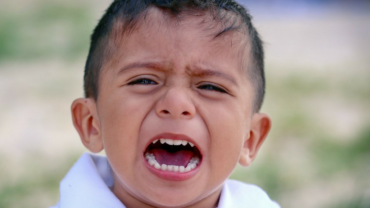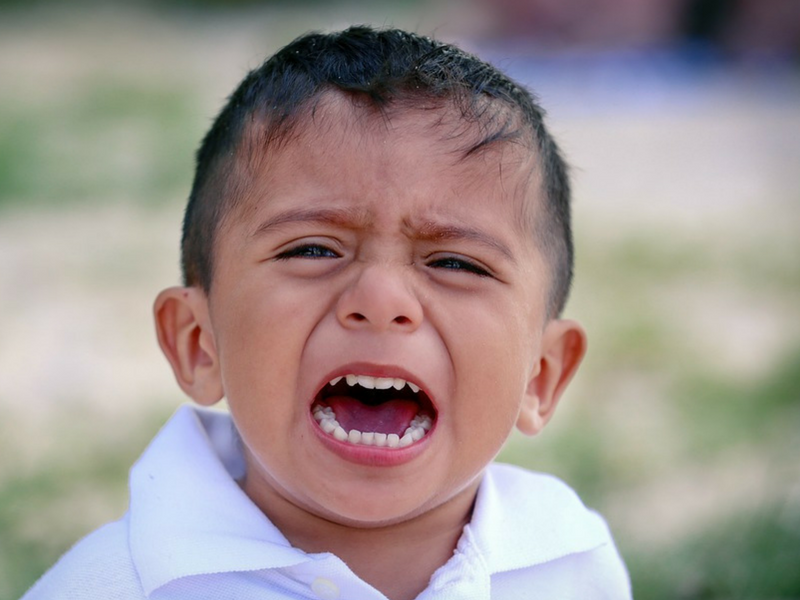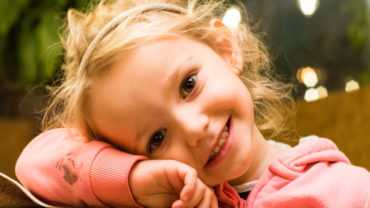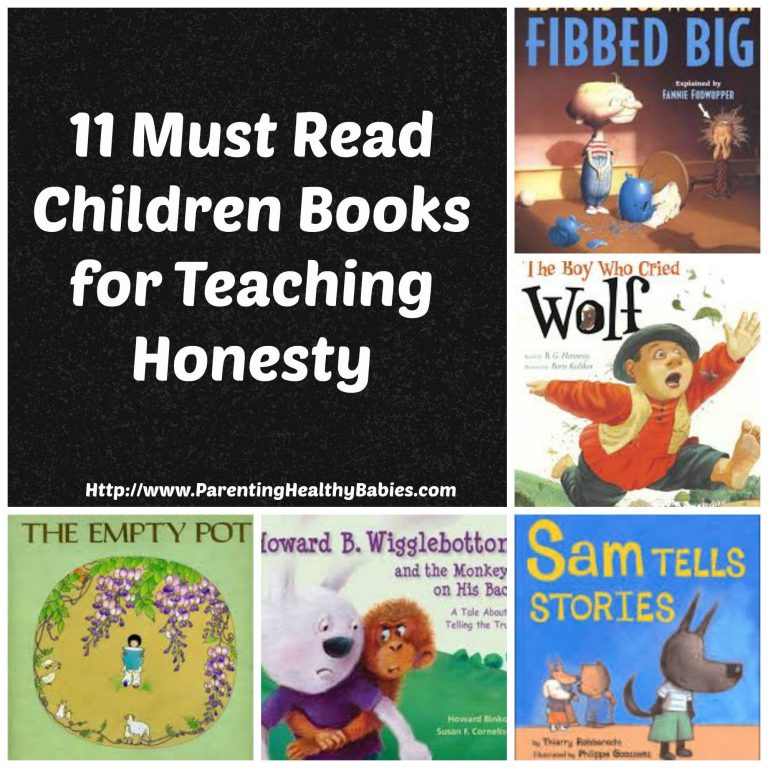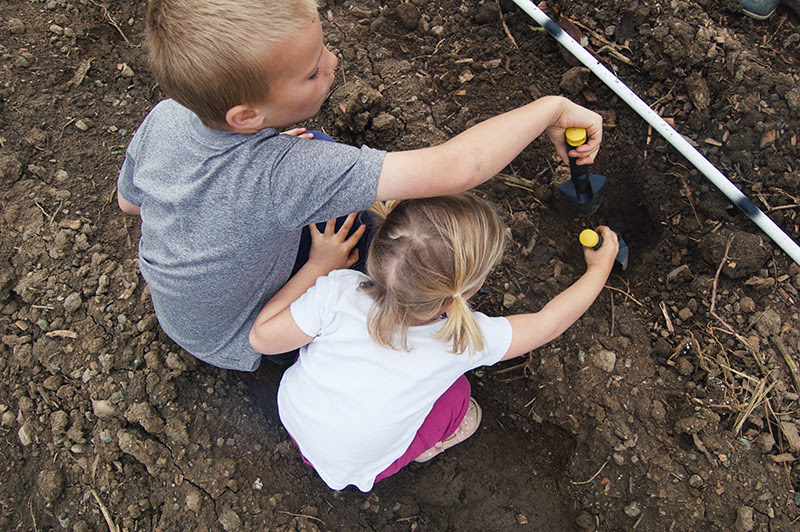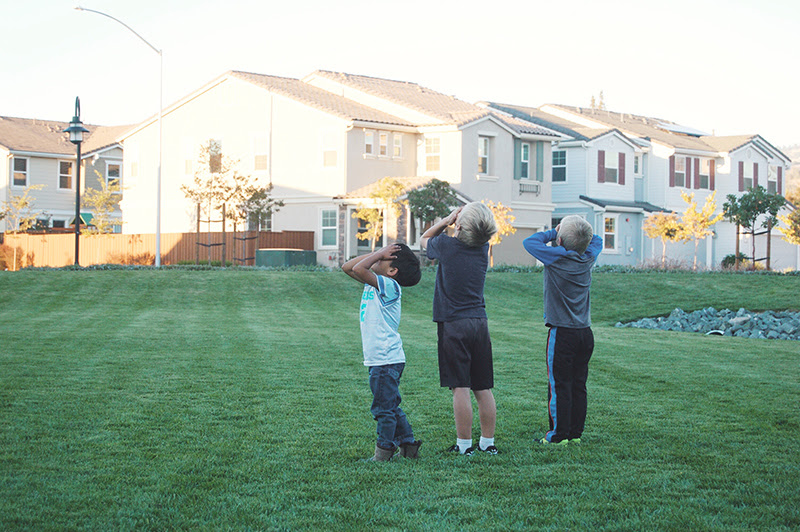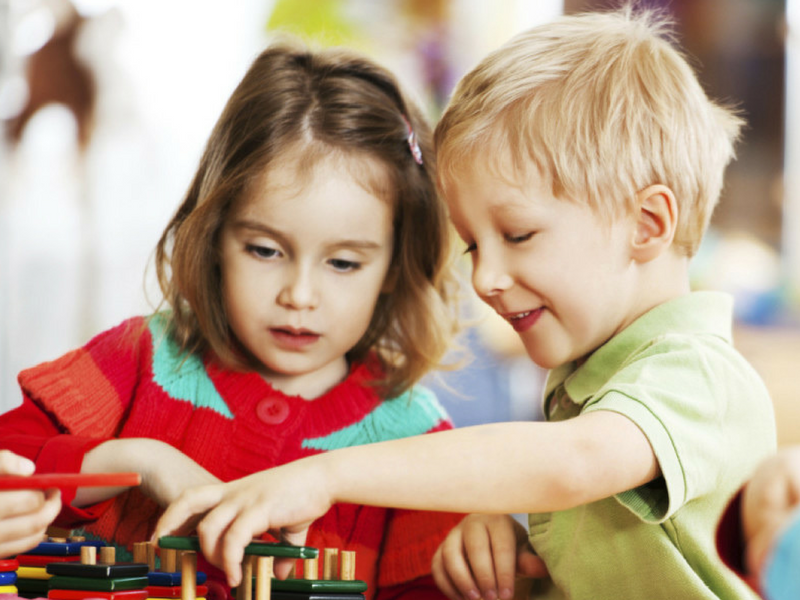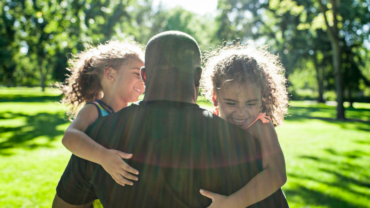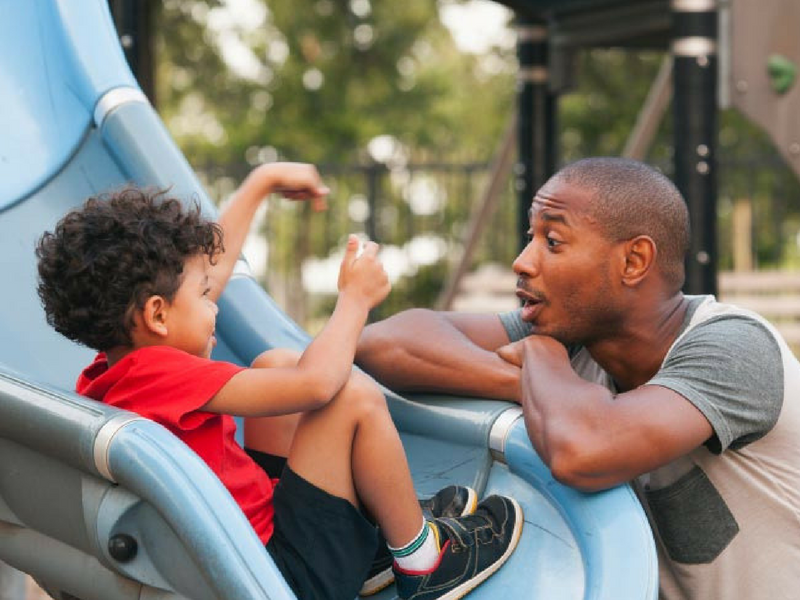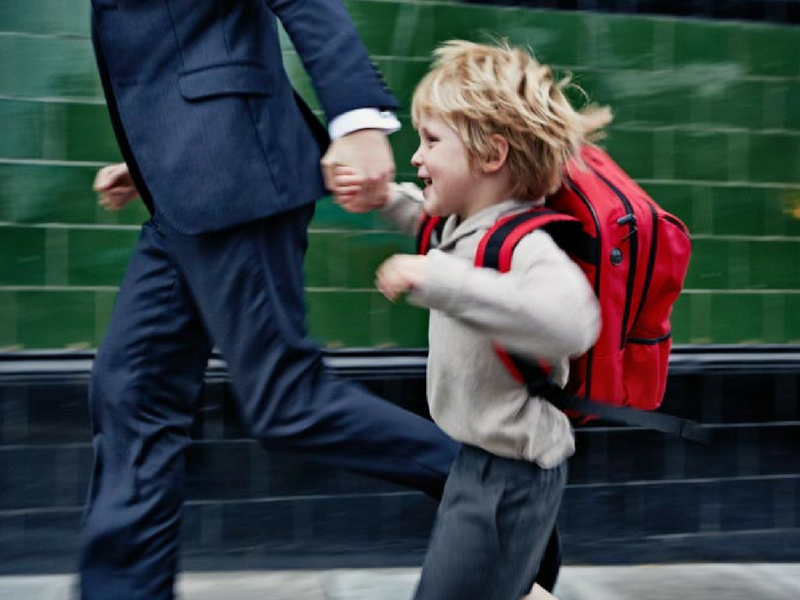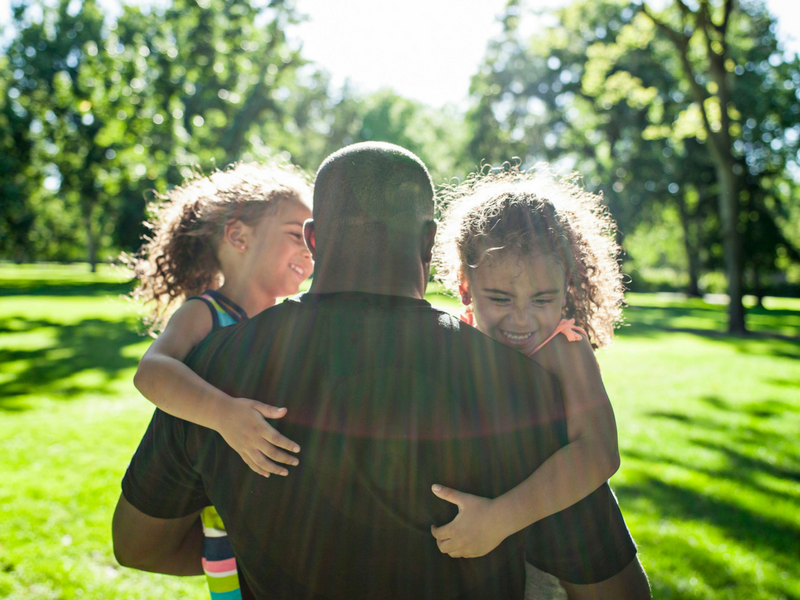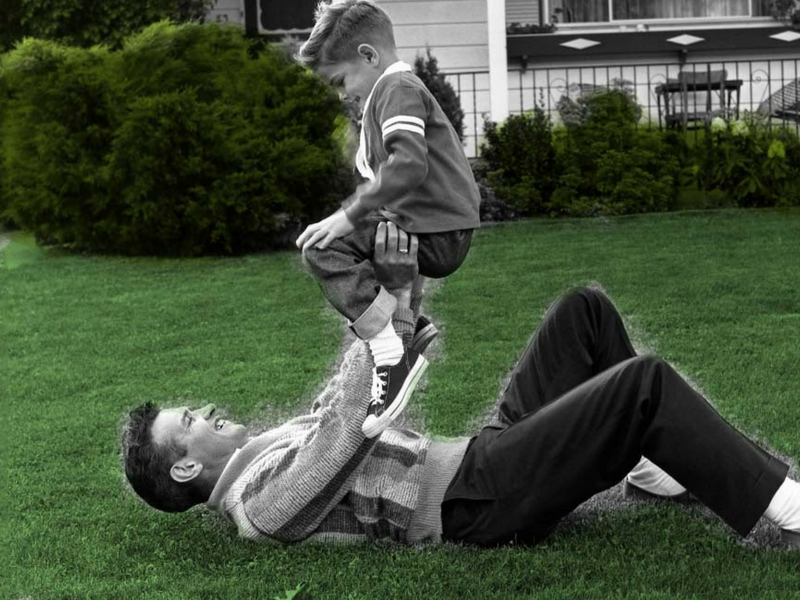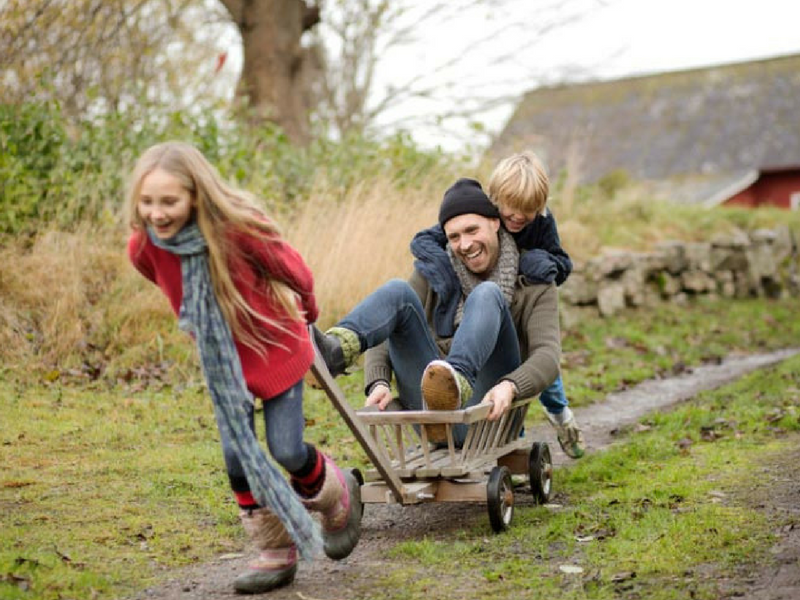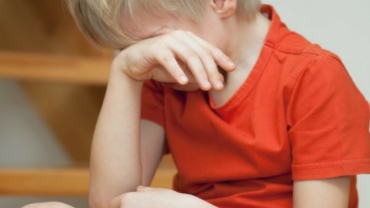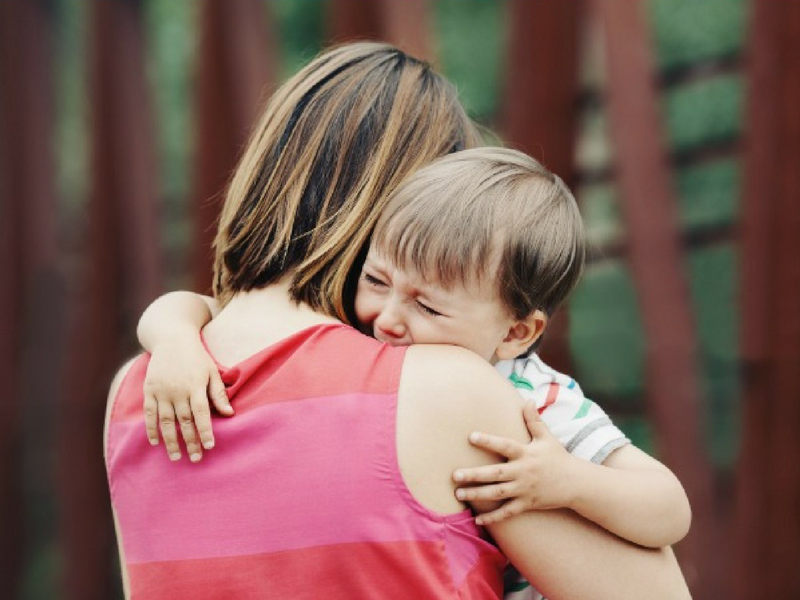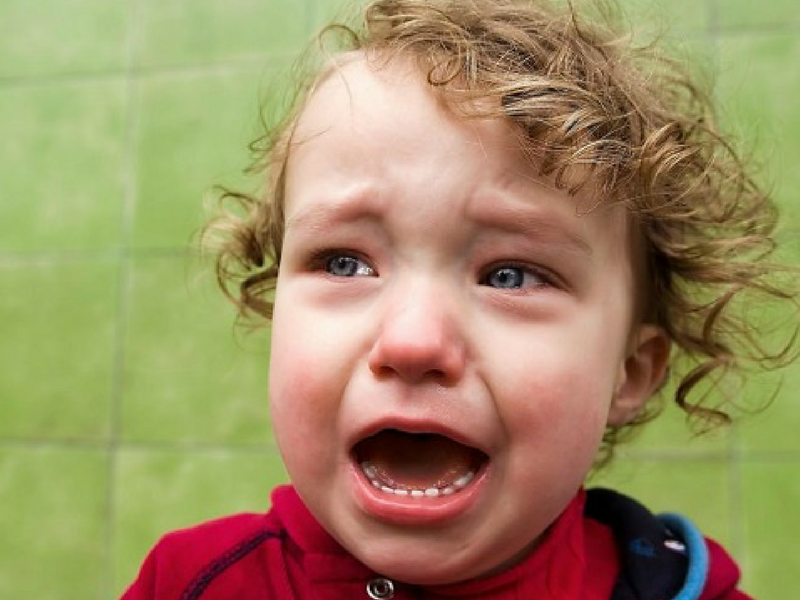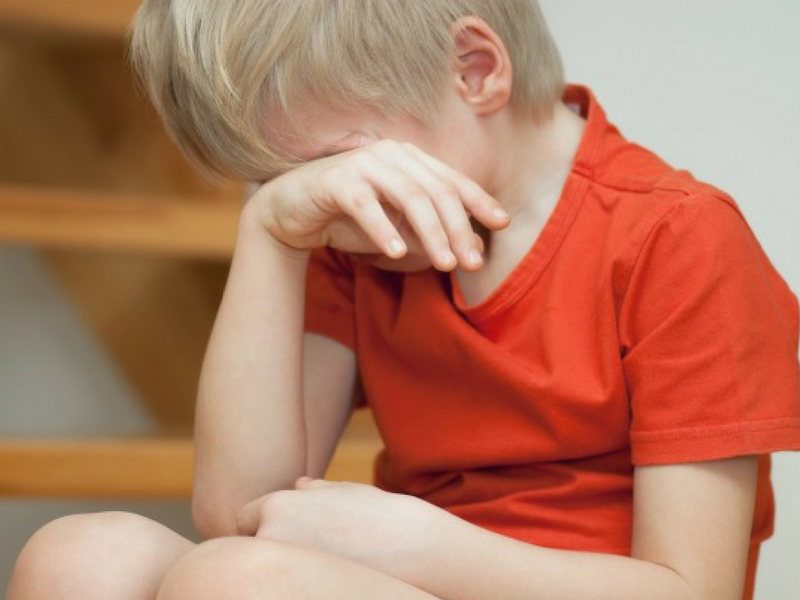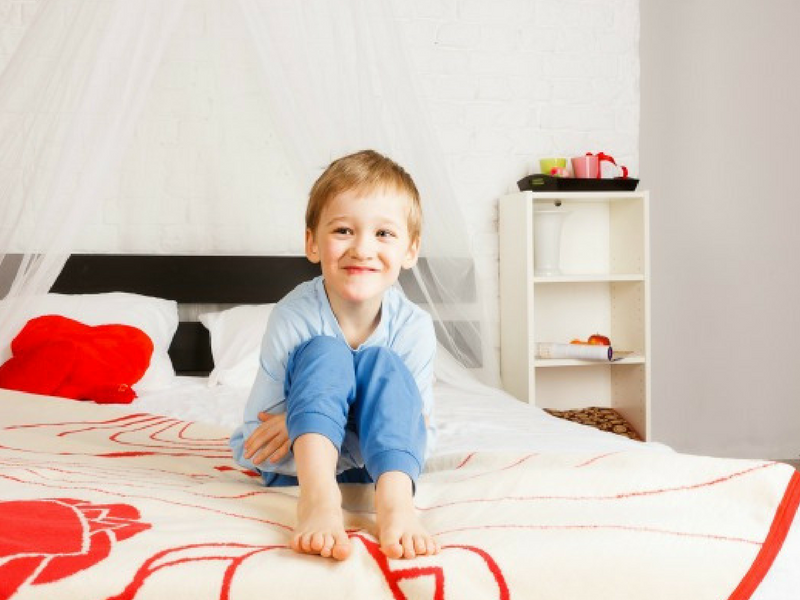Via Mail Online: What your star sign reveals about your parenting style
Everyone has a different approach to raising their children, but astrologists believe it’s influenced by your star sign – and when a parent was born can hugely impact who their little ones become.
According to astrologists at Rebel Circus, your zodiac sign speaks volumes about the way you raise your children – and it can offer insights into your specific strengths – and challenges – when it comes to nurturing a family.
Read on to discover how your star sign influences your parenting style (and what you’re doing right and wrong).
ARIES (March 21-April 19)
Aries has her own life and isn’t afraid to see her friends. An Aries mother can, however, be fairly competitive – a streak that she brings out in her children. Aries mothers don’t like to lose and can flip mood when things don’t go their way.
CANCER (June 21-July 22)
Cancer mothers are so maternal that they know the ropes before they’ve even given birth. They are hugely doting and sensitive but are often moody and extremely overprotective
LIBRA: September 23-October 22
Libra mothers are super patient and leave their children plenty of room for mistakes. They instill good morals and a strong sense of culture on their offspring but can be inconsistent and snobby about their parenting skills.
CAPRICORN: December 22 – January 20
You’re the rock of the family and everyone looks to you for inspiration because you’re hardworking and will always get the job done.
Your children see you as their role model so will do all they can to emulate your style. However, you can be a little on the serious side so try lightening up and having some fun every so often.
TAURUS: April 20-May 20
Taurus mothers love a routine and know what works best for their family. This mother will always raise children with a good set of morals and feet firmly on the ground. The Taurus mother can often play a game of Keeping Up With The Joneses and has a serious penchant for the finer things in life.
LEO: July 23-August 22
Leo mothers are high-energy, fun and vibrant so children absolutely love their company.
They’re great at playing with little ones and sparking their imagination and are confident around unruly tots. On the flip side, they can be overly dramatic and make a big issue out of smaller grievances.
SCORPIO: October 23-November 21
Scorpio do things their own way and don’t care what others think of their parenting style. They are the leaders of the family but can be control freaks with hot and cold emotions, something their children can find hard to comprehend.
AQUARIUS: January 20-February 18
You’re young at heart and fiercely independent. Your children are prone to following this free-spirited nature and marching to the beat of their own drum, with others often dubbing them ‘quirky’.
You don’t often set boundaries with your children leading them to see you as a friend rather than a superior.
GEMINI: May 21-June 20
Gemini mothers are down with the kids. They’re always up on the latest technology and children are drawn to their fun-loving nature. Their high energy can, however, disrupt the household stability.
VIRGO: August 23-September 22
Organised, knowledgeable and practical, Virgo mothers have some of the healthiest habits out of all the zodiac signs.
Their children can often find them too rigid because of their obsession with rules and structure and they can offend their friends by judging their parenting style.
SAGITTARIUS: November 22-December 21
As adventurous risk takers, Sagittarius mothers are always up for new challenges and seek fun. They are extremely wise and encourage their children to read widely and seek adventure and opportunity. They can often be impatient and take things too far.
PISCES: February 19-March 2
Your children love you for your ability to love unconditionally, listen and emphathise. You’ll always put your family above everyone else but can often appear passive aggressive when things don’t go your way.







